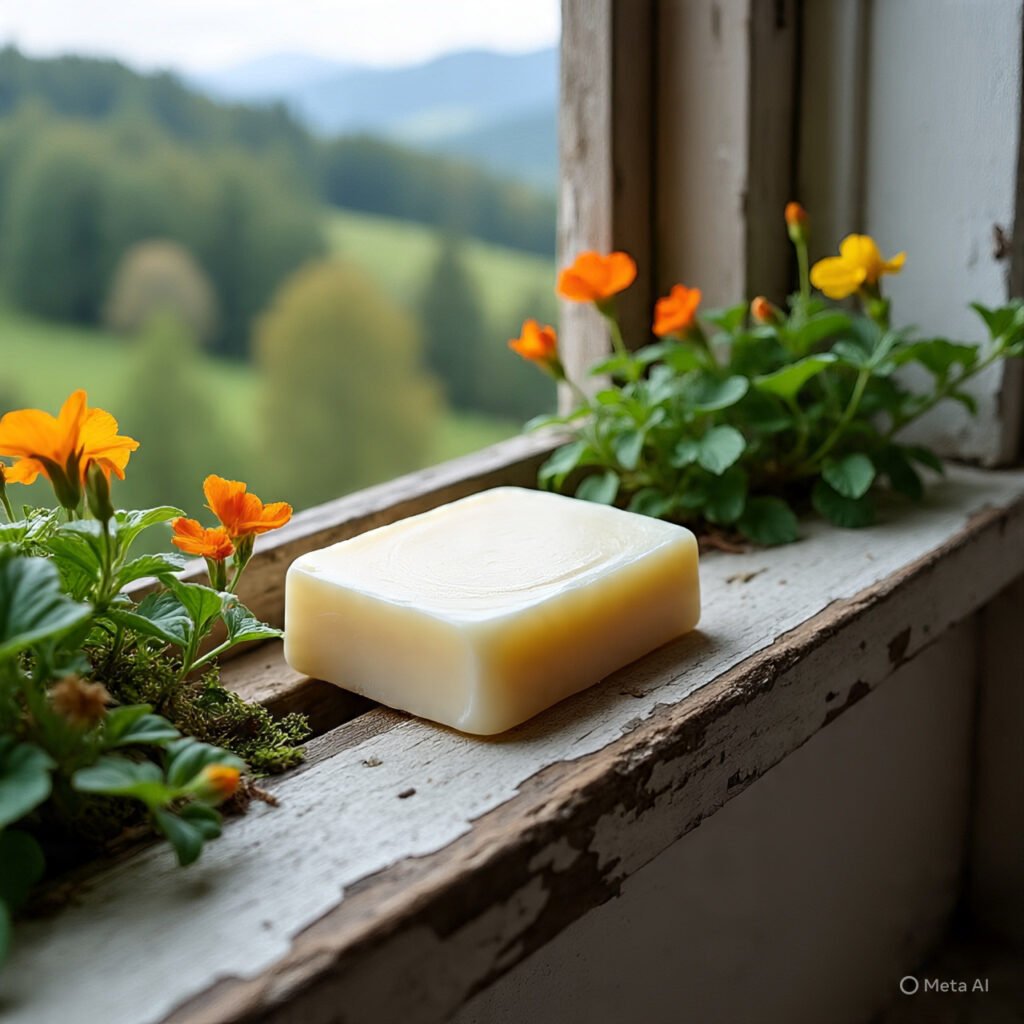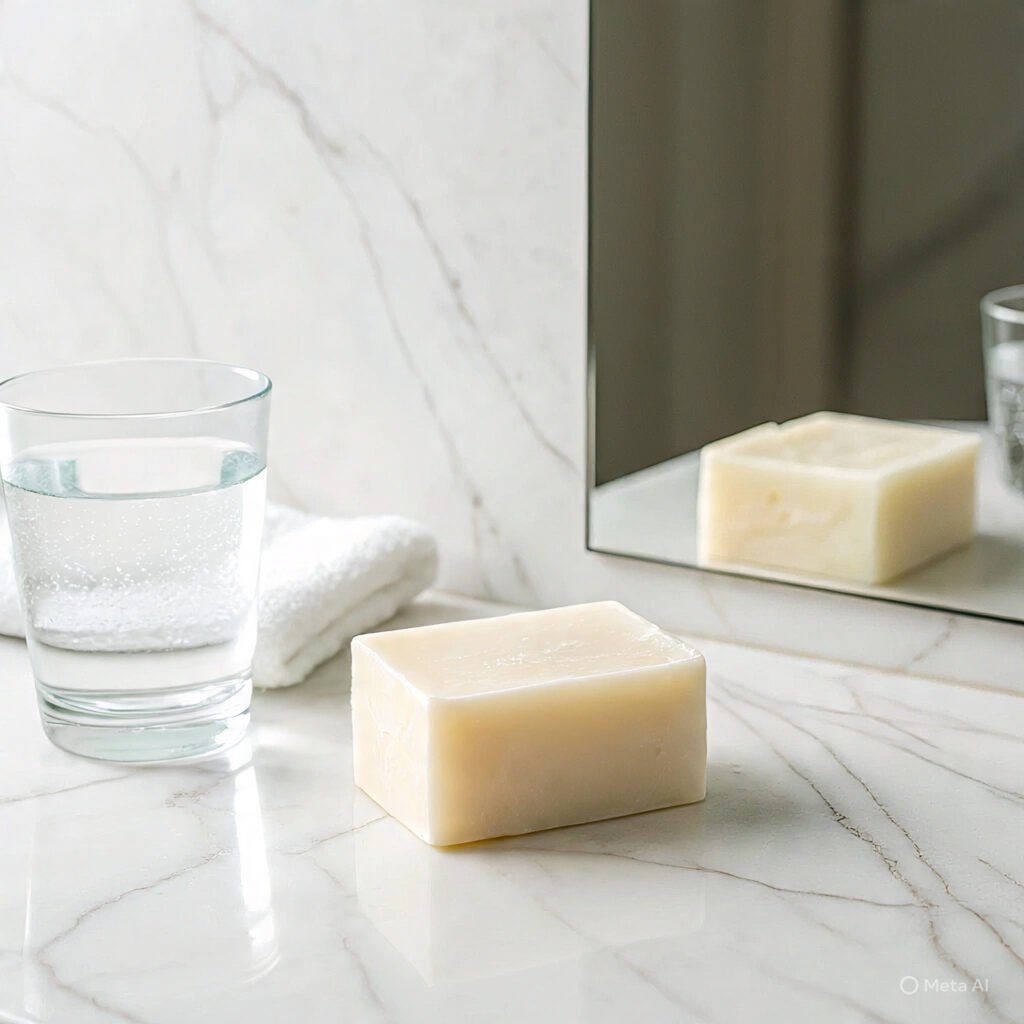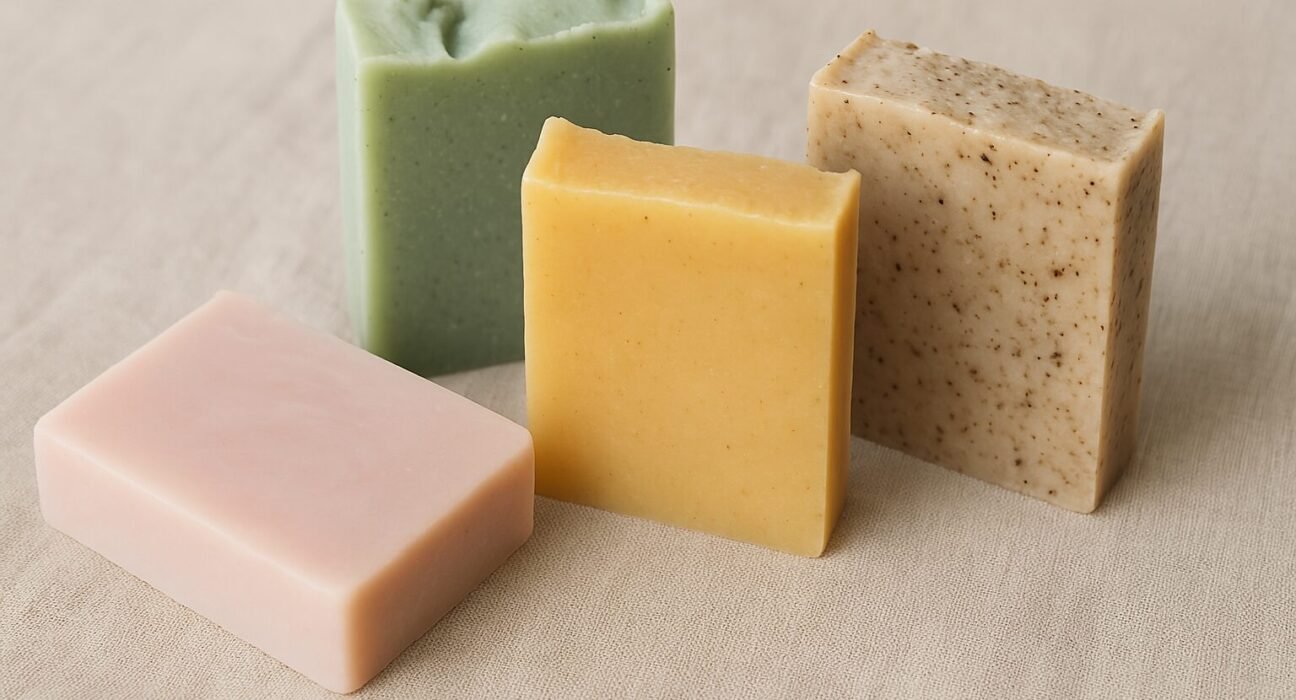The Timeless Story of Soap: History, Types, Uses, Traditions, and Brands

The Ancient and Fascinating History of Soap
Soap is one of humanity’s oldest inventions, a humble yet transformative creation that has shaped cultures, health, and daily rituals across millennia. The earliest evidence of soap-like substances dates back to ancient Babylon around 2800 BCE, where clay tablets described the process of mixing fats with ashes to create a cleansing agent. Ancient Egyptians, renowned for their focus on cleanliness, developed soap-like substances from animal fats and plant oils combined with alkaline salts, using them for bathing and treating skin conditions.
The Greeks and Romans further refined soap-making, with the Romans incorporating it into public bathhouses and daily hygiene. The word “soap” itself is believed to derive from the Roman legend of Mount Sapo, where rain mixed animal fat and ashes, creating a clay mixture that made cleaning easier. In the Middle Ages, soap-making became an established craft in places like Marseille, Nablus, and Castile, each region developing its unique recipes and traditions.
The Industrial Revolution mechanized soap production, making it widely accessible. In the 20th century, the rise of synthetic detergents and mass marketing brought soap into every household, yet artisanal and traditional soaps have seen a renaissance in recent years
Types of Soap: A World of Variety

Soap comes in a dazzling array of types, each with its own history, ingredients, and benefits:
- Bar Soap: The classic form, made by saponifying fats or oils with an alkali. Used for washing hands, body, and sometimes even clothes.
- Liquid Soap: Created by dissolving soap noodles in water, often with added moisturizers or fragrances. Popular for handwashing and body care.
- Glycerin Soap: Transparent or translucent, highly moisturizing, and gentle on sensitive skin.
- Castile Soap: Originating from Spain, made primarily from olive oil, known for its mildness and purity.
- African Black Soap: Traditional to West Africa, made from plantain ash and shea butter, valued for its deep cleansing and soothing properties.
- Goat Milk Soap: Infused with goat milk, rich in vitamins and gentle for sensitive skin.
- Charcoal Soap: Contains activated charcoal for detoxifying and deep cleansing.
- Herbal and Specialty Soaps: Incorporating ingredients like tea tree oil, oatmeal, turmeric, sandalwood, or Himalayan pink salt for unique benefits.
Table: Popular Traditional Soaps and Their Origins
| Soap Type | Key Ingredients | Region of Origin | Notable Benefits |
|---|---|---|---|
| Castile Soap | Olive oil | Spain | Mild, gentle, versatile |
| Savon de Marseille | Olive oil | France | Hard, long-lasting, pure |
| African Black Soap | Plantain ash, shea butter | West Africa | Deep cleansing, soothing |
| Aleppo Soap | Olive oil, laurel oil | Syria | Moisturizing, antiseptic |
| Nabulsi Soap | Olive oil | Palestine | Gentle, moisturizing |
| Goat Milk Soap | Goat milk, oils | Various | Nourishing, gentle |
Uses of Soap: Beyond Cleanliness
Soap’s primary role is as a cleansing agent, but its uses are surprisingly diverse:
- Personal Hygiene: Washing hands, bathing, and facial cleansing. Soap removes dirt, oils, and microbes from the skin, promoting health and well-being.
- Household Cleaning: Used for washing dishes, laundry, and surfaces due to its ability to emulsify grease and grime.
- Industrial Applications: Acts as a lubricant, thickener, and even a precursor in chemical processes.
- Medicinal and Cosmetic Uses: Soaps can contain therapeutic ingredients for skin conditions or exfoliation, and are sometimes used in traditional remedies.
Soap Traditions Around the World
Soap-making and usage are steeped in cultural traditions:
- Moroccan Beldi Soap: A soft, olive-based paste used in hammams (public baths) for exfoliation and skin purification.
- Savon de Marseille: Produced under strict regulations in France, this soap is celebrated for its purity and craftsmanship.
- African Black Soap: Crafted by hand in West African villages, this soap is a symbol of community and ancestral knowledge.
- Nabulsi Soap: A Palestinian staple, often stamped with intricate designs and given as gifts.
- Indian Traditions: Sandalwood and turmeric soaps are prized for their fragrance and skin benefits, rooted in Ayurveda and ritual
Recommended Soap Brands
Whether you seek luxury, tradition, or everyday reliability, here are some recommended soap brands:
- Mysore Sandal: Classic sandalwood oil soaps, deeply nourishing—Classic, Gold.
- Biotique: 100% natural, organic soaps—Basil & Parsley, Almond Oil.
- Khadi Natural: Handcrafted, cruelty-free—Neem Tulsi, Rosewater.
- Nadi Naturals: Toxin-free, suitable for sensitive skin—Virgin Coconut Soaps
- Dr. Bronner’s: Famous for its Castile soaps, organic and multi-purpose.
- L’Occitane: Luxury French soaps, including Savon de Marseille.
- Nubian Heritage: African Black Soap with shea butter and oats.
- Kiss My Face: Olive oil-based, gentle and natural.
The Enduring Allure of Soap
Soap is more than a cleansing product—it is a bridge between science, tradition, and daily ritual. From ancient Babylonian clay tablets to artisanal bars in modern boutiques, soap’s journey mirrors our evolving relationship with health, beauty, and culture. Whether you choose a traditional handmade bar or a modern moisturizing formula, the simple act of lathering up connects you to a rich, global heritage of cleanliness and care
Frequently Asked Questions About Soap and Skin Care:
Soap selection can be confusing, especially with so many options and skin concerns. Here are expert answers to the most common questions, as seen in your image:
1. Which soap is best for baby skin whitening?
Dermatologists do not recommend using any soap for “whitening” baby skin. Baby skin is delicate and should be cleansed with gentle, fragrance-free, hypoallergenic soaps like Dove Baby, Cetaphil Baby, or Sebamed Baby Cleansing Bar . Skin color is genetic, and no soap should be used to alter a baby’s natural complexion.
2. Which soap is best for skin in summer?
In summer, choose soaps that are refreshing, non-comedogenic, and help control sweat and oil. Cinthol Lime, Pears Oil Clear, and Himalaya Neem and Turmeric Soap are popular choices in India. Look for ingredients like neem, lemon, or glycerin for a cooling effect .
3. Which soap is good for skin?
A good soap for skin is one that matches your skin type (dry, oily, sensitive) and is free from harsh chemicals. Dove Beauty Bar (for dry/sensitive skin), Cetaphil Cleansing Bar, and Khadi Natural Herbal Soaps are dermatologist-recommended .
4. Which soap is best for skin in India?
For Indian climates and skin types, Pears, Dove, Himalaya Herbals, Mysore Sandal, and Biotique are widely trusted. Choose based on your specific skin needs (hydration, oil control, sensitivity).
5. Which soap is best for skin whitening in India?
No soap can permanently or safely “whiten” skin. Some soaps claim to brighten skin using ingredients like kojic acid, licorice, or vitamin C (Kojic Acid Soap, Lotus Herbals Whiteglow), but results are temporary and focus on reducing tan or pigmentation, not changing natural skin tone . Always use sunscreen for lasting results.
6. Which soap has highest TFM?
TFM (Total Fatty Matter) indicates soap quality. Higher TFM means better moisturizing and cleansing. Mysore Sandal Soap and Cinthol Original have high TFM (over 76%), qualifying as Grade 1 soaps in India .
7. Which soap is good for tan removal?
Soaps with natural exfoliants and brightening agents help with tan removal. Vaadi Herbals Saffron Soap, Lotus Herbals DeTan Soap, Nadi Natural’s Cocodew, and Biotique Bio Papaya Soap are popular choices. However, for significant tan removal, use sunscreen and consider dermatologist-recommended creams .
8. Which soap is best for oily skin?
Look for soaps with neem, tea tree, or charcoal. Himalaya Neem Soap, Pears Oil Clear, and Khadi Charcoal Soap are ideal for oily skin, as they help control excess oil and prevent acne .
9. Which soap is best for skin whitening permanently?
There is no soap that can permanently whiten skin. Any claims of permanent whitening are misleading and potentially harmful. Focus on healthy cleansing, sun protection, and consult a dermatologist for pigmentation concerns .
10. Which soap is best for baby?
Use only mild, fragrance-free, and hypoallergenic soaps for babies, such as Dove Baby Bar, Sebamed Baby Cleansing Bar, or Cetaphil Baby .
11. Which soap is best for oily skin and pimples?
Choose soaps with antibacterial and oil-absorbing properties. Himalaya Neem Soap, Medimix Ayurvedic Soap, and Cetaphil Cleansing Bar are effective for acne-prone, oily skin .
12. Which soap is best for skin whitening?
Soaps with kojic acid, licorice, or vitamin C may help with mild brightening (Kojie San, Lotus Whiteglow), but results are temporary and not permanent. Always patch-test and use sunscreen .
13. Which soap is best for skin?
Refer to answer #3 above: Choose a soap suited to your skin type, free from harsh chemicals, and preferably dermatologist-recommended.
Read More






